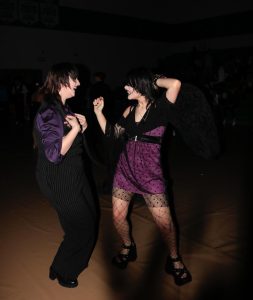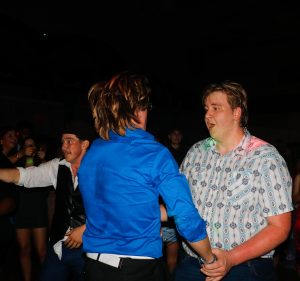Hale: Reaching out makes all the difference to teens in pain
May 3, 2018
Have you ever heard the question, “If a tree falls in a forest and no one is around, will it make a sound?”
I’m starting to believe that this philosophy applies to teens as well, and I don’t understand why we aren’t changing a single thing.
If a teen breaks mentally in school or at home and no one chooses to listen, do they make a sound?
Breaking mentally can mean holding an apple core in your hand for 20 minutes, trying to gain courage to throw it away.
Or it can mean crying or yelling.
Breaking is a range of emotions that can change in a split second.
You can look up ‘teen society’ and some of the first things you see are suicide prevention articles.
So when a teacher sees a change in their student — a sigh, a silence, their antsy shoulders moving more than normal — why doesn’t the teacher do a thing?
If a friend sees their other friend dragging along, sees their eyes not light up at the sight of a favorite song or notice their smile slowly dissipate, why doesn’t the friend tell someone?
We live in a culture based on secrecy, lying and oddities.
Welcome to the freak show, where we juggle depression and loneliness like milk pins. Where we play solitaire spin the bottle, trying to kiss the broken parts of ourselves away.
So don’t tell me that sticks and stones and broken bones hurt less than the permanent etching of the derogatory words spoken.
“When you get into a tight place and everything goes against you, till it seems you could not hang on for a minute longer, never give up then, for that is the time and place for the tide to turn,” Harriet Beecher Stowe wrote.
Help people.
Ask your friends if they are OK.
Tell your son or daughter that you love them.
Check on your students.
It may save an innocent life in the end.






